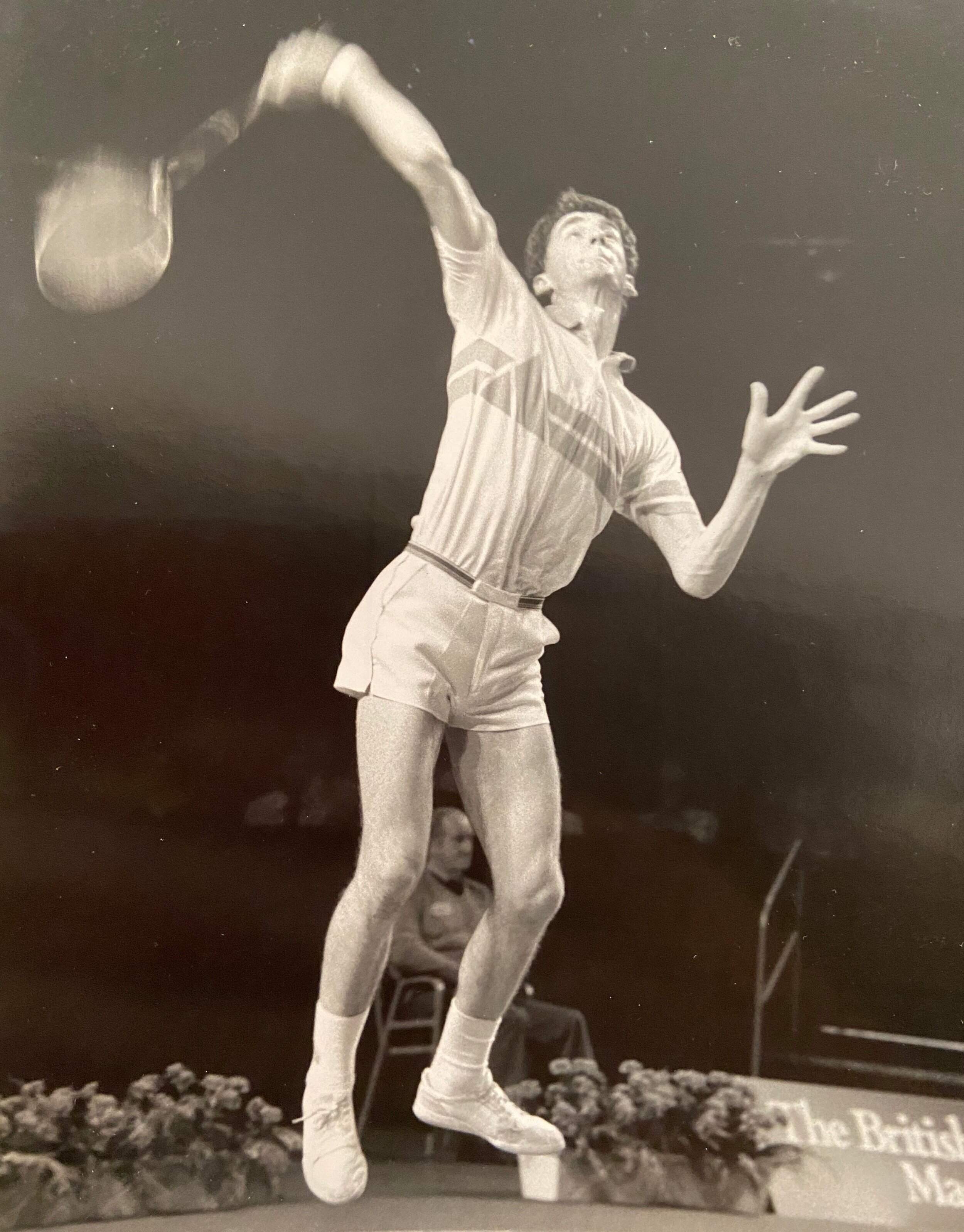How sport and the experience of ‘flow’ helped my mental health
I never realised until no longer playing badminton at county and international level that sport had hidden from me a body that became tense easily and a mind that could be overactive. So when the training and competitions ended as I approached 30, I entered a more normal existence of working and raising a family. It wasn’t long after that I noticed a stiff jaw and teeth grinding at night, my shoulders were always tight and I felt quite stressed and could be irritable, mixed with periods of feeling low.
Then I entered the world of psychology and I realised that physical activity had masked my active nervous system, or rather given the physical energy an outlet, and the mental activity a focus. It dissipated stress and tension in my muscles, helped my breathing as the oxygen and carbon dioxide levels naturally settled in a rhythm of need, and importantly, kept my mind focused intently in the present moment in an extraordinary way, giving rise to a beneficial state that psychologists call ‘flow’.
What is flow?
You might already be familiar with the flow state but under a different name, i.e., ‘in the zone’ or ‘on form’. It’s about being so immersed in something that you lose track of time, as you are completely absorbed in the moment.
Reports of flow state within sporting activities are more common than in many other contexts; athletes frequently describe experiencing increased confidence through a sense of control and less self-consciousness as a result of their absorption in the activity.
“A transcendence of time can occur when one is deeply involved in an activity, we can experience time as slowing down, speeding up, or in some cases, it becomes completely irrelevant” - Hanin (2000).
Flow is an innately positive experience and can produce intense feelings of enjoyment leading to longer lasting experiences of positivity and happiness.
Although the common belief is that it is the fitness benefit and endorphin release that keeps engagement, the experience of flow plays a key role.
Activities known to inspire flow are those in which you feel totally involved, interested and absorbed with no boredom or anxiety. It is a mindfulness activity of the highest focus.
How to find your flow in sport
Find an activity or sport just for you. I believe there is a sport or physical activity for everyone; you’ve just got to find it, so be open to anything and willing in the first instance. Each will offer different benefits mentally and physically. An intense run or gym session, a game of tennis, football, squash, hockey or rugby, is all very physical and readily accessible (post-restrictions of course).
There are slower and less intensely physically demanding sports like fishing, bowls, darts, snooker, golf that don’t need cardiovascular strength, but demand high levels of focus, skill and mastery. Being challenged in this way is a requirement for flow, as it demands an intention to really attend to the activity.
If you’re still not sure, think about what your personality and current skills might lend themselves to. For example,
Focus and Flow at the British Airways Masters Tournament, 1987.
If you have good hand-eye coordination then any racket sport or table tennis would work well.
Do you have a good set of lungs and a love for water? Then try swimming or diving.
If finances are tight there is running, cycling and walking.
In athletics there are many options from hammer throwing to hurdling.
The list is endless, but ultimately, just know there will be a benefit.
Get others involved. Sport is social and this doesn’t get in the way of achieving flow, in fact the competitive aspect is more likely to get you focusing. See if a friend is interested in trying something new. Think back to when you were younger and what you enjoyed then, perhaps you were a good team sport player back in the day. Check out what’s available locally.
Challenge yourself. With restrictions ending soon, set some clear goals to engage in a new challenge. As well as getting the physical benefit of exercise, aim for the benefit of learning a new skill and directing that energised focus on to a new task. Find that flow state in an intense mindful moment, where you can’t and don’t want to think of anything else, except what you are doing!



